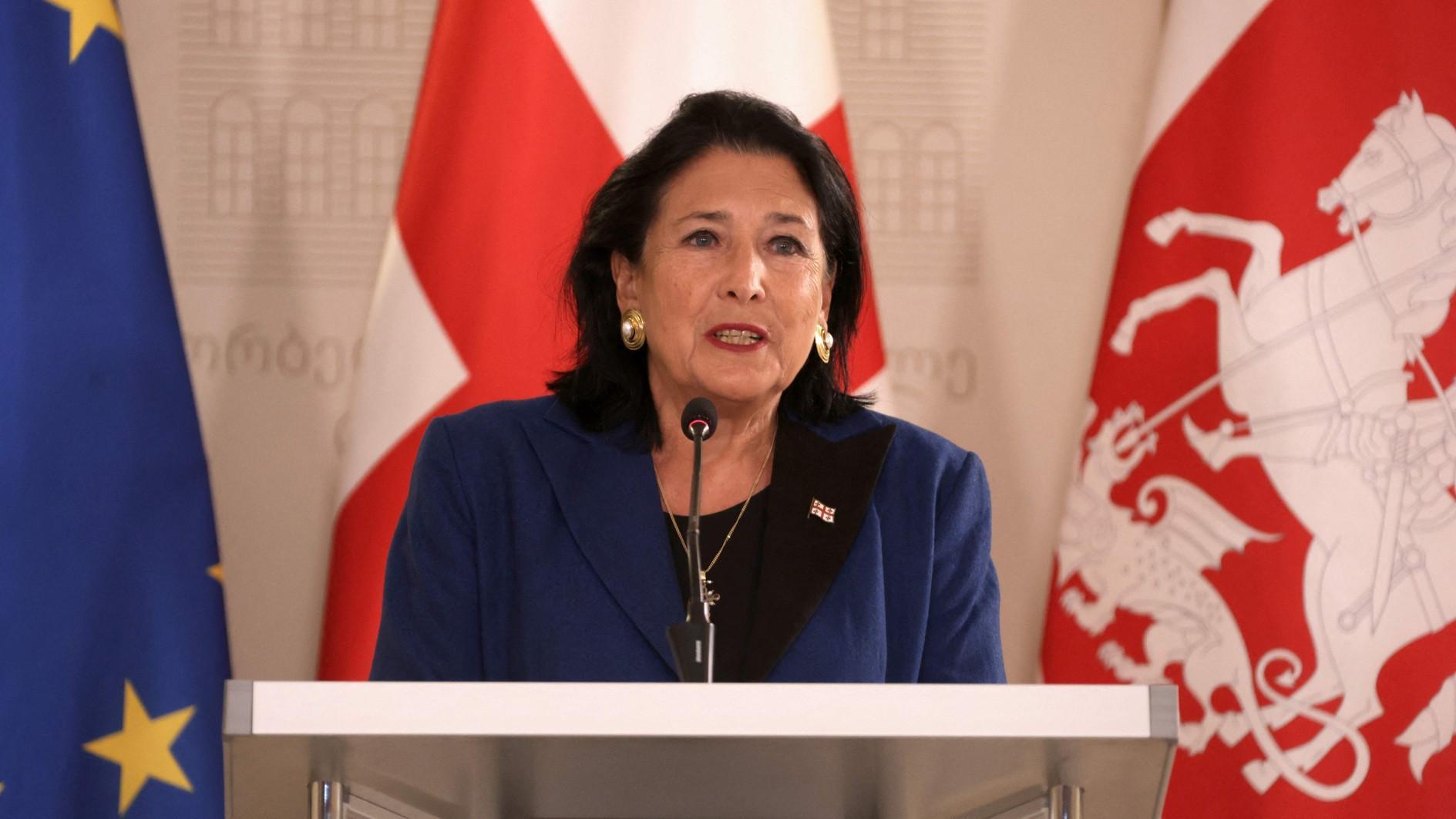Turkish President Erdoğan wants journalist Dündar in jail for life
Turkish President Tayyip Erdoğan’s application to the Ankara Prosecutor’s Office to launch a case demanding up to two life terms in prison against prominent journalist Can Dündar is the latest example of pressure on the media which has been on the rise for the last few weeks as the country is just days ahead of June 7 elections.
In the petition of Erdoğan’s lawyer Muammer Cemaloğlu to the prosecutor’s office on June 3, Dündar was accused of “political and military” spying, conspiring against the government, taking part in an illegal organization to overthrow the government and insulting the president.
All those accusations are because Dündar, as the editor-in-chief of Turkish daily Cumhuriyet, printed and broadcast (on its website) visual material on May 29 about the military content of a convoy of trucks which was stopped by the gendarmerie on their way to Syria on Jan. 19, 2014.
The trucks belonged to Turkey’s National Intelligence Organization (MİT) and the government’s first reaction at the time was that they were carrying medicine and assistance to the Turkmen minority embroiled in Syria’s civil war. But the video showed that there was heavy ammunition placed under boxes of medical material.
The opposition parties have long accused Erdoğan and Prime Minister Ahmet Davutoğlu’s Justice and Development Party (AK Parti) government of giving arms and ammunition to Islamist armed groups fighting against the Bashar al-Assad regime in Syria. The government holds the sympathizers of Fethullah Gülen within the state apparatus (judges, prosecutors, army officers) responsible for stopping the trucks. Gülen, an Islamist ideologue living in the United States, is a former close ally of Erdoğan but has now been denounced as a threat to national security.
The video played by Cumhuriyet brought the debate back to the agenda and made Erdoğan and Davutoğlu furious.
Erdoğan said during an election rally (despite his constitutional non-partisan status) over the weekend, that “[Dündar] would not be able to get away with this” even though he did not mentioned the journalist by name.
“We are not government officials, we are journalists,” responded Dündar, a center-left journalist, documentary producer and known opponent of Gülen’s Hizmet movement. The next day Erdoğan’s lawyer asked the prosecutor to start a serious criminal case against in order to put him in jail for life because of what he published.
This will be a test case for Turkish judiciary as well. If the prosecutor does not start a probe against Dündar with the same accusations in Erdoğan’s petition, it could be noted as an example of free courts in Turkey.
But as it is now, the Dündar-Cumhuriyet case is yet another example of increasing government pressure on the media in an obvious escalation over the last few weeks.
Davutoğlu accused the mainstream Hürriyet of promoting terrorism for using a photo of a prosecutor kidnapped by a group of terrorists and later murdered. A member of the ruling AK Parti has filed a complaint against Hürriyet’s editor-in chief, Sedat Ergin, a prominent liberal journalist, for promoting terrorism.
Erdoğan slammed Hürriyet for a story broadcast on its website about the death penalty given to Mohamad Morsi, Egypt’s first elected but overthrown president, saying Hürriyet implied it wanted the same thing to happen to him.
An article on the Hürriyet case and media freedom happened to be the last article of another journalist, Aslı Aydıntaşbaş, in daily Milliyet; she wrote a farewell note to her readers saying she did not want to talk about her situation for the moment.
The Zaman media group, which is close to Gülen, has now been experiencing trouble for some time. The editor-in-chief of the group’s TV channel, Hidayet Karaca, is in jail on charges similar to the one Erdoğan wants to be leveled at Dündar. Ekrem Dumanlı, the editor-in-chief of the Zaman newspaper, has been banned from travelling abroad.
Tomas Brunegard, the president of World Association of Newspapers and News Publishers (WAN-IFRA) reportedly said in his opening speech of the World News Media Congress in Washington on June 2 that media freedom in Turkey was “regressing under an intolerant president.” The organization has urged the Turkish government to not restrict freedom of media and expression.
That was only a day before Erdoğan’s move against Dündar.
Erdoğan is a politician who served time in jail because of a poem he read during an election campaign before establishing his party and coming to power. It is sad and worrying to see now that Erdoğan wants a journalist to rot in jail because of what he published, claiming that it was not an act of journalism but espionage, just like the times of McCarthy in the U.S. or present-day Iran or China.











